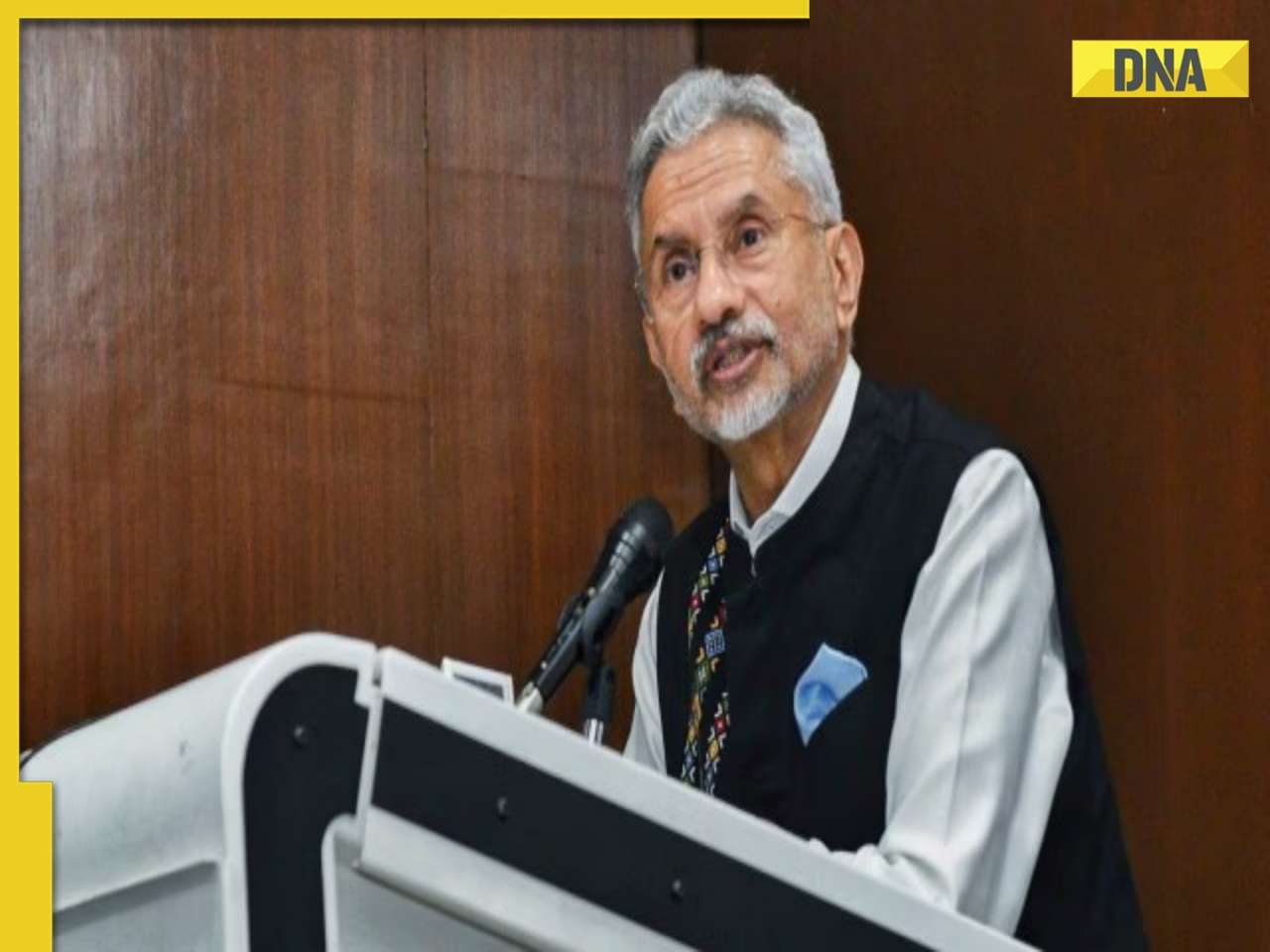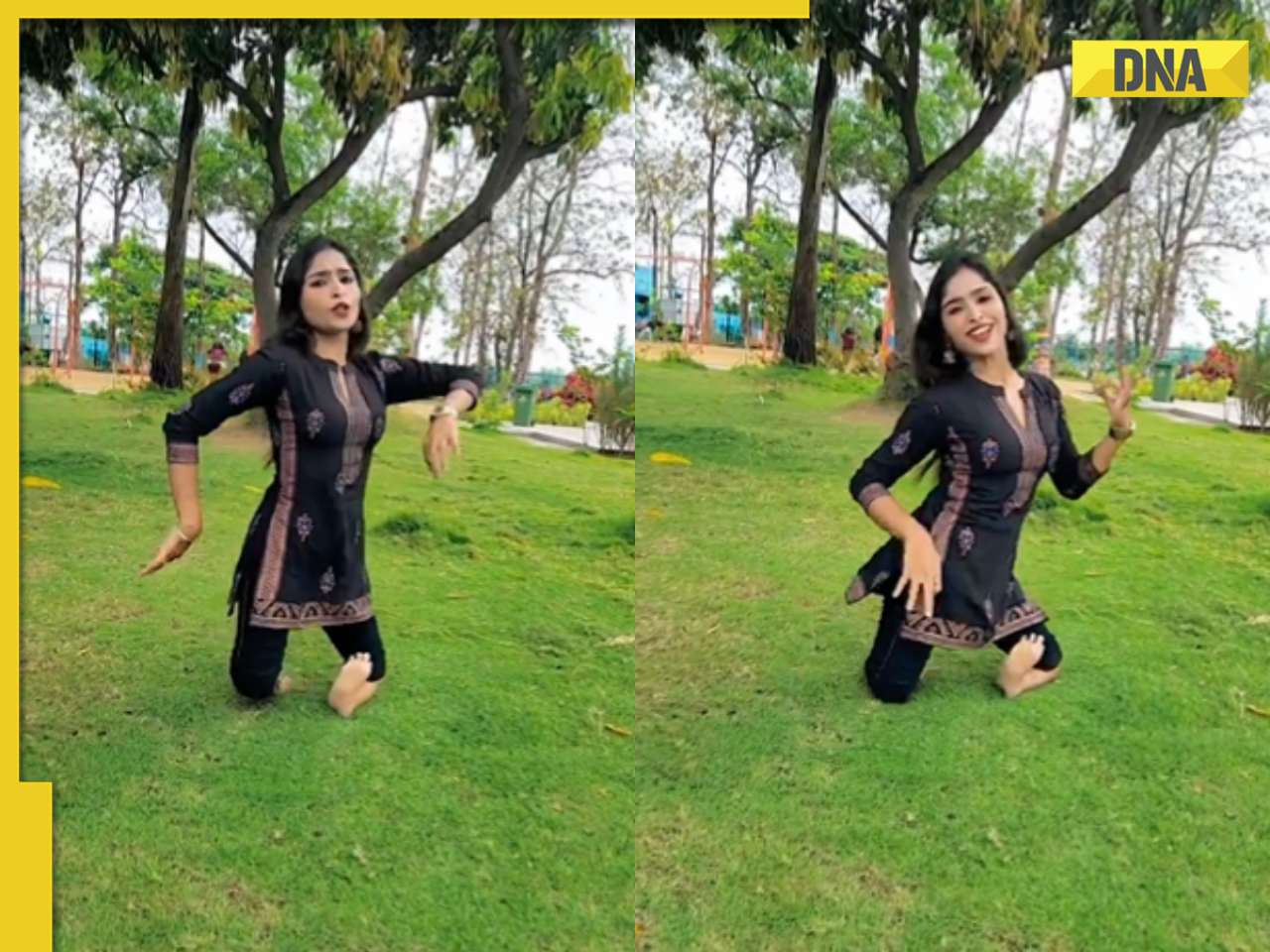Hariprobha Basu Mallik was the first woman from the Indian subcontinent to write a book in Bengali on Japan in 1915
As Allied war planes rained bombs on Tokyo, a lone woman wearing a helmet, would travel through the bomb-battered streets in the dead of night to reach the radio station to read news in Bengali for Netaji Subhash Chandra Bose's Azad Hind Fauz.
For two years between 1942 and 1944 during the Second World War, she was not deterred by the risk to her life as she went to the radio station because her only mission was to eke out a living not only for herself but also to take care of her ailing Japanese husband Wemon Takeda with whom she fell in love with and got married as a 22-year-old in Dhaka.
This "exceptional" story of Hariprobha Basu Mallik, the first woman from the Indian subcontinent to write a book in Bengali on Japan in 1915, whose life has been recreated on the celluloid by veteran Bangladeshi director Tanvir Mokammel in his latest documentary Japani Bodhu (The Japanese Wife) that is scheduled to premiere in India in June.
After her marriage to Takeda, who had set up a soap-making factory in Dhaka, Hariprobha Basu Mallik became Hariprobha Takeda and travelled to Tokyo in 1912.
Born in 1890, Hariprobha would have remained unsung and largely forgotten but for her Bangamahilar Japan Jatra (The Journey of a Bengali Woman to Japan), a memoir of her journey to Japan in 1912, the first book on that country by any woman from Indian subcontinent, said Mokammel adding the book was first published from Dhaka in 1915.
When Hariprobha went to Japan with her husband in 1912, it was an opportunity for her to not only meet her in-laws but also see the Japanese socio-cultural life. She wrote a memoir, a kind of travelogue about the then Japan which, as portrayed in Hariprobha's book, is a different country altogether hundred years back, said Mokammel.
Hariprobha shifted permanently to Japan in 1941 when the country was in the throes of the Second World War and when Japanese nationals from across the world were returning to their homeland.
Besides the War, what made Hariprobha's life tougher was the illness of her husband and she, with the help of revolutionary Rashbehari Bose, took up the job of reader of Bengali news from Tokyo radio for Subhash Chandra Bose's Azad Hind Fouz in 1944-45 to make a living.
As bombs by allied forces were raining on Tokyo, Hariprobhoa saw all around her the horrors of the war as well the sufferings of the Japanese people and wrote another memoir on Japan.
It was revolutionary freedom fighter Rashbehari Bose who helped Hariprobha get the news reader's job for INA radio in Tokyo. Wearing a helmet, she used to travel in the dead of night to reach the radio station to read the news. It was during the Second World War that Hairprobha was introduced to Netaji Subhash Chandra Bose.
After her husband's death in 1948, she shifted to West Bengal and stayed her with her sister in Jalpaiguri before breathing her last at Shambhunath Pandit Hospital Kolkata in 1972.
Mokammel said what inspired him to make the documentary was the "extraordinary courage" shown by Hariprobha in marrying a Japanese and taking the plunge into a totally different country, society and culture. She learnt Japanese and could speak the language fluently.
"I have huge respect for women like Hariprobha who muster the courage of venturing into totally unchartered territory in life. It takes a lot of courage to do so", the director said adding that "finding her books interesting and herself an exceptional character I decided to make a film on Hariprobha".
To Tanvir, the life of Hariprobha was like a patch of bright sunshine when societies in India and Japan were clouded by socio-economic backwardness and war.
The idea of the film was with Tanvir for the last ten years and the special reason he made it this year is because 2012 is the centenary year of Hariprobha's travel to Japan.
The research for the film has been done by journalists Manjurul Huq and Kajuhiro Watanabe and the documentary was shot in Tokyo , Kobe and Nagoya, the places where Hariprobah had lived or travelled, in India and in Bangladesh.
The 67-minute film, supported by Japan Foundation, has been shot by Golam Masum Zico and edited by Delhi-based Mahadeb Shi and its music done by Syed Shabab Ali Arzoo.
![submenu-img]() 'They unilaterally took some measures': EAM Jaishankar on new Nepal 100 rupee currency
'They unilaterally took some measures': EAM Jaishankar on new Nepal 100 rupee currency![submenu-img]() Meet Ice Cream Lady of India, who built Rs 6000 crore company, started with small investment of Rs…
Meet Ice Cream Lady of India, who built Rs 6000 crore company, started with small investment of Rs…![submenu-img]() ‘Canada a rule-of-law country’: PM Trudeau after 3 Indian arrested over Hardeep Nijjar's murder
‘Canada a rule-of-law country’: PM Trudeau after 3 Indian arrested over Hardeep Nijjar's murder![submenu-img]() Viral video: Specially-abled girl’s energetic dance to Bollywood song wows internet, watch
Viral video: Specially-abled girl’s energetic dance to Bollywood song wows internet, watch![submenu-img]() 'Baap re baap': Imtiaz Ali reveals Diljit Dosanjh was scandalised by old women's 'vulgar' improvisation on Chamkila set
'Baap re baap': Imtiaz Ali reveals Diljit Dosanjh was scandalised by old women's 'vulgar' improvisation on Chamkila set![submenu-img]() DNA Verified: Is CAA an anti-Muslim law? Centre terms news report as 'misleading'
DNA Verified: Is CAA an anti-Muslim law? Centre terms news report as 'misleading'![submenu-img]() DNA Verified: Lok Sabha Elections 2024 to be held on April 19? Know truth behind viral message
DNA Verified: Lok Sabha Elections 2024 to be held on April 19? Know truth behind viral message![submenu-img]() DNA Verified: Modi govt giving students free laptops under 'One Student One Laptop' scheme? Know truth here
DNA Verified: Modi govt giving students free laptops under 'One Student One Laptop' scheme? Know truth here![submenu-img]() DNA Verified: Shah Rukh Khan denies reports of his role in release of India's naval officers from Qatar
DNA Verified: Shah Rukh Khan denies reports of his role in release of India's naval officers from Qatar![submenu-img]() DNA Verified: Is govt providing Rs 1.6 lakh benefit to girls under PM Ladli Laxmi Yojana? Know truth
DNA Verified: Is govt providing Rs 1.6 lakh benefit to girls under PM Ladli Laxmi Yojana? Know truth![submenu-img]() Streaming This Week: Heeramandi, Shaitaan, Manjummel Boys, latest OTT releases to binge-watch
Streaming This Week: Heeramandi, Shaitaan, Manjummel Boys, latest OTT releases to binge-watch![submenu-img]() Remember Ayesha Kapur? Michelle from Black, here's how actress, nutrition coach, entrepreneur looks after 19 years
Remember Ayesha Kapur? Michelle from Black, here's how actress, nutrition coach, entrepreneur looks after 19 years![submenu-img]() Remember Heyy Babyy's cute 'Angel' Juanna Sanghvi? 20 year-old looks unrecognisable now, fans say 'her comeback will...'
Remember Heyy Babyy's cute 'Angel' Juanna Sanghvi? 20 year-old looks unrecognisable now, fans say 'her comeback will...'![submenu-img]() In pics: Arti Singh stuns in red lehenga as she ties the knot with beau Dipak Chauhan in dreamy wedding
In pics: Arti Singh stuns in red lehenga as she ties the knot with beau Dipak Chauhan in dreamy wedding![submenu-img]() Actors who died due to cosmetic surgeries
Actors who died due to cosmetic surgeries![submenu-img]() DNA Explainer: Why Harvey Weinstein's rape conviction was overturned, will beleaguered Hollywood mogul get out of jail?
DNA Explainer: Why Harvey Weinstein's rape conviction was overturned, will beleaguered Hollywood mogul get out of jail?![submenu-img]() What is inheritance tax?
What is inheritance tax?![submenu-img]() DNA Explainer: What is cloud seeding which is blamed for wreaking havoc in Dubai?
DNA Explainer: What is cloud seeding which is blamed for wreaking havoc in Dubai?![submenu-img]() DNA Explainer: What is Israel's Arrow-3 defence system used to intercept Iran's missile attack?
DNA Explainer: What is Israel's Arrow-3 defence system used to intercept Iran's missile attack?![submenu-img]() DNA Explainer: How Iranian projectiles failed to breach iron-clad Israeli air defence
DNA Explainer: How Iranian projectiles failed to breach iron-clad Israeli air defence![submenu-img]() 'Baap re baap': Imtiaz Ali reveals Diljit Dosanjh was scandalised by old women's 'vulgar' improvisation on Chamkila set
'Baap re baap': Imtiaz Ali reveals Diljit Dosanjh was scandalised by old women's 'vulgar' improvisation on Chamkila set![submenu-img]() This actor, who worked with Karan Johar and Farhan Akhtar, gave superhit shows, saw failed marriage, killed himself at..
This actor, who worked with Karan Johar and Farhan Akhtar, gave superhit shows, saw failed marriage, killed himself at..![submenu-img]() Did you know Ranveer Singh's grandmother was popular actress? Worked with Raj Kapoor; her career affected due to...
Did you know Ranveer Singh's grandmother was popular actress? Worked with Raj Kapoor; her career affected due to...![submenu-img]() India's highest-paid TV actress began working at 8, her Bollywood films flopped, was seen in Bigg Boss 1, now charges...
India's highest-paid TV actress began working at 8, her Bollywood films flopped, was seen in Bigg Boss 1, now charges...![submenu-img]() Shreyas Talpade wonders if his heart attack was due to Covid vaccine: 'We don’t know what we have taken inside...'
Shreyas Talpade wonders if his heart attack was due to Covid vaccine: 'We don’t know what we have taken inside...'![submenu-img]() IPL 2024: Faf du Plessis, Virat Kohli help Royal Challengers Bengaluru defeat Gujarat Titans by 4 wickets
IPL 2024: Faf du Plessis, Virat Kohli help Royal Challengers Bengaluru defeat Gujarat Titans by 4 wickets![submenu-img]() IPL 2024: Why is Sai Kishore not playing today's RCB vs GT match?
IPL 2024: Why is Sai Kishore not playing today's RCB vs GT match?![submenu-img]() 'Mumbai Indians ki kahani khatam': Ex-India star slams Hardik Pandya after MI's loss to KKR at Wankhede
'Mumbai Indians ki kahani khatam': Ex-India star slams Hardik Pandya after MI's loss to KKR at Wankhede![submenu-img]() LSG vs KKR, IPL 2024: Predicted playing XI, live streaming details, weather and pitch report
LSG vs KKR, IPL 2024: Predicted playing XI, live streaming details, weather and pitch report![submenu-img]() LSG vs KKR IPL 2024 Dream11 prediction: Fantasy cricket tips for Lucknow Super Giants vs Kolkata Knight Riders
LSG vs KKR IPL 2024 Dream11 prediction: Fantasy cricket tips for Lucknow Super Giants vs Kolkata Knight Riders![submenu-img]() Viral video: Specially-abled girl’s energetic dance to Bollywood song wows internet, watch
Viral video: Specially-abled girl’s energetic dance to Bollywood song wows internet, watch![submenu-img]() Viral video: Man educates younger brother about mensuration, internet is highly impressed
Viral video: Man educates younger brother about mensuration, internet is highly impressed![submenu-img]() Girl's wedding dance to Haryanvi song interrupted by mother in viral video, internet reacts
Girl's wedding dance to Haryanvi song interrupted by mother in viral video, internet reacts![submenu-img]() Viral video: Man fearlessly grabs dozens of snakes, internet is scared
Viral video: Man fearlessly grabs dozens of snakes, internet is scared![submenu-img]() This mysterious mobile phone number was suspended after three users...
This mysterious mobile phone number was suspended after three users...

















































)
)
)
)
)
)